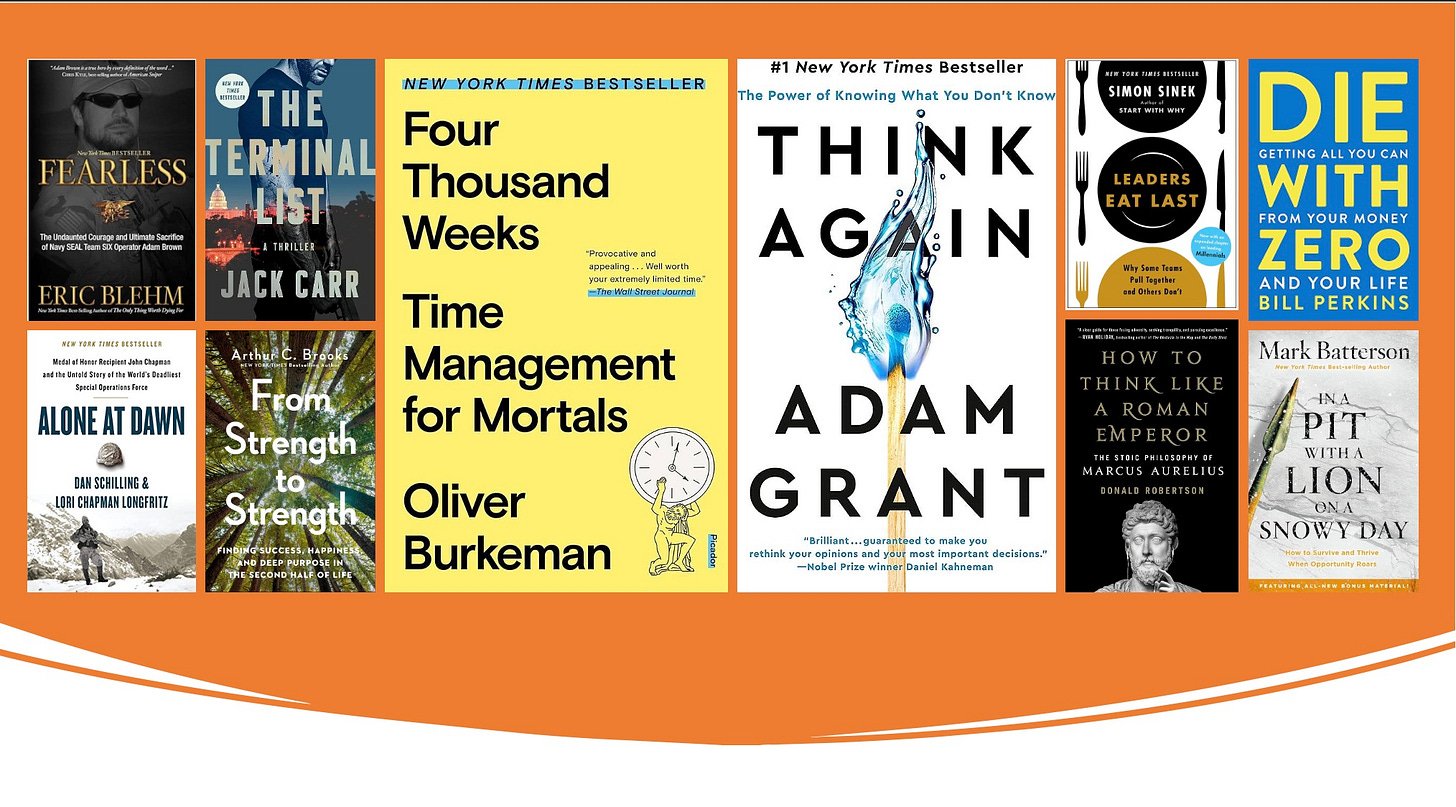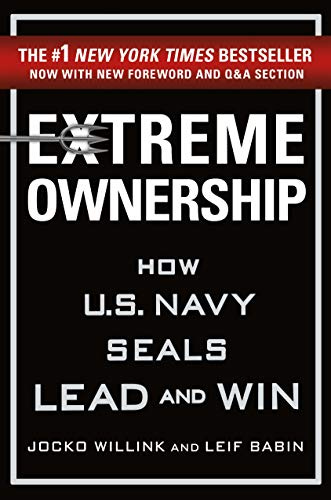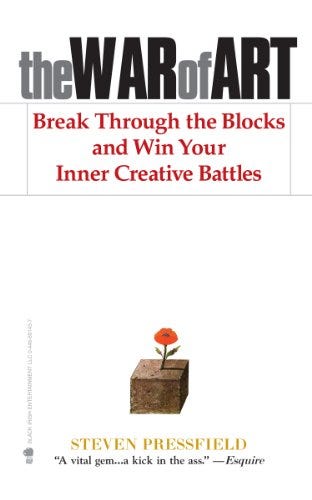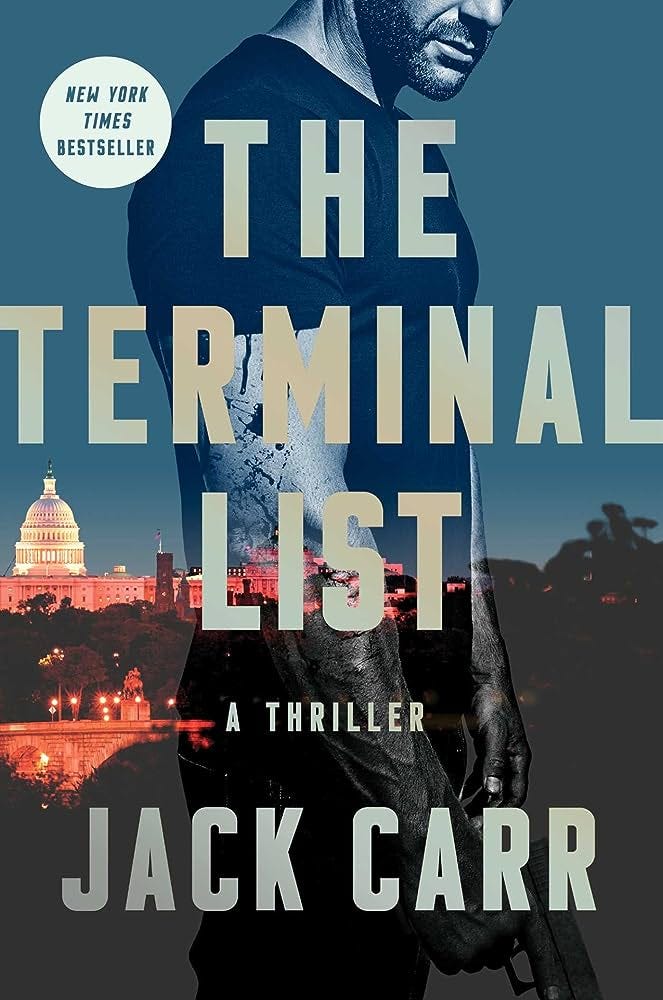“You can tell a lot about a person from the books they read.” There are variations of this quote floating around out there but the general premise is very much consistent. Reading shapes your mind, your thoughts, and your personality. NPR contributor Tania Lombrozo once wrote that “reading might not just reflect who you are, but also influence who you become.” The powerful quote exemplifies the possibility that book choice/reading content is in part telling of one’s own personality. It also explores the potential for the content you read to shape your identity.
I know reading is not for everyone. It took me nearly 19 years to actually read a book for pleasure, and not for a school assignment. I laugh when I look back at the summer reading I “did” throughout my grade-school years, which typically amounted to me watching the movie version of the story, or me spark-noting the whole book so I could get back to playing Call of Duty on Xbox. I’m sure you can relate to that on some level, even if you were more diligent in reading the required literature pieces.
To be honest, it’s hard to really remember what my thoughts were over a decade ago in high-school or recall the foundation that I used to analyze the world around me. I was definitely more stubborn, more argumentative, less empathetic, less patient, and overall inauthentic. I didn’t have a unique viewpoint of the world. I didn’t spend time in thought to challenge my own thinking, develop my own values, or formulate my own opinions.
Sophomore year of college my mom gifted me the book “Living with a SEAL,” by Jesse Itzler. A multi-millionaire CEO hires a former Navy SEAL (David Goggins) to come live with him for a month to get out of his comfort zone and improve his physical fitness. Probably the farthest thing from a Shakespearean classic novel but nonetheless it was the ice-breaker to my reading quest. Shortly after finishing that I picked up “Unbeatable Mind,” by former Navy SEAL Mark Divine. This was my first time ever being exposed to a self-improvement/self-development piece of content. It exposed me to the reality that you are the master of your own ship, and if you have aspirations of sailing the world, you need to do the work to ensure your ship is fortified and competent to take on rough waters. The most memorable part of this book was Mark describing the Five Mountains/Plateaus of Development (Consciousness) because he stressed the importance of integrating the heart, mind, and spirit to create a world-centric, service-oriented sense of self.
This hit home for me because up until that point in my life I had been, in so many words, a narcissistic asshole. It’s not that I was rude, inconsiderate, or saw myself as superior to others. But my intentions were always ego-centric and my motivations were rooted in selfishness. The plan I had mapped out for myself at a young age was this:
Do well in school so that I can get into an Ivy League College
Get into an Ivy League College to obtain a prestigious degree
Leverage that prestigious degree and alumni network to secure a job on Wall Street
Make bank on Wall-Street so that I can buy multiple houses and all the toys I please
You might laugh, but that’s how I was wired at the time. I distinctly remember a conversation during one of our nightly family dinners when I mentioned that I wanted to be written about in US History books in the future. When asked what I wanted to major in at college, I simply said “Money.” My world view was centered around material goods and prestige.
I have conjectured some hypotheses as to why those motivations were present, which I’m sure could be flushed out with the help of a psychologist/therapist, but that’s beside the point. The reality is, once I started reading, that money-green, self-centered world-paradigm I had been living in, began to shift.
And I would like to note, it’s still shifting. The demons of the material world still reside in my mind. I’m not sure I’ll ever out run them, but I’m constantly trying to mitigate their influence on my decisions/actions.
The same can be said from the “prestige” standpoint. I’m continuously doing introspection and reflection on the intention of my actions to ensure I’m not falling back into the same old patterns of trying to impress others.
God’s timing is perfect. Around the time of reading “Unbeatable Mind,” I traveled to NYC on a college sponsored finance trip over winter break to meet with alumni of HWS (my undergrad institution) who worked on Wall Street to get an inside look at what their day-to-day life was like. My biggest takeaway was that I couldn’t see any tangible impact on the wellbeing of others (a key emphasis in Mark’s book). This is grossly over simplified so don’t attack me, but it seemed like these Wall-Street gurus were moving clients money around on their Bloomberg monitors all day and taking a piece of the pie as their own profit. That didn’t seem fulfilling from a humanitarian perspective at all. Again, I realize that not every job out there is Mother Theresa reincarnated as an LLC just saving the world. But I was beginning to see the value in having career where you feel somewhat aligned and inspired that your work is valuable and impactful to the world around you.
I can’t recall the exact order of books after “Unbeatable Mind,” but the Navy SEAL theme was very much present. I read Lone Survivor, American Sniper, American Spartan, Damn Few, and numerous other military biographies/stories as I was very captivated by the individual heroism these men exemplified. Though each story was unique, they all expressed the desire and fulfillment to help others. Sure their actions and valor brought them individual glory, but that was never their intention. This again, really hit home with me as I began to “idolize” these men because I saw how insignificant my previous values of money and prestige were in their world.
“You want to be respected by the people you respect.”
After Sophomore year of college I decided to drop my double major of Economics and Math (my contingency plan for Wall-Street after not being accepted into an Ivy League school) to just Economics, with minors in both Math and International Relations. These military stories opened my eyes to the reality that I was so fortunate to grow up in America. Realizing that parents in the war torn Middle-East would send their kids to school in the morning, with the possibility that they might get shot in a crossfire, or blown up by an IED, really humbled my appreciation for the opportunities I was afforded in my childhood and the pleather of rights I’m entitled to under the American Constitution.
These stories also began to develop my moral compass as I started to grapple with understanding good and evil in this world, which then influenced my subsequent reading choices. To develop and substantiate my position on the topic, I knew I needed to expand my knowledge base of morality, human psychology, and human biology.
From there, my love for obtaining knowledge flourished. Many of the books I read today are recommendations from other books I’ve read or podcasts I’ve listened to. I do my best to not get stuck in an echo chamber of material or reading about a subject just to prove a point or to reinforce a previous hypothesis. This is where books like “Think Again,” and “The Righteous Mind,” have been successful in getting me to be open to opposing ideas, and actually marveling at the ambiguity of certain topics. Life is not one size fits all. It’s nuanced. It’s at times majestic, and at other times downright depressing. Reading helps us to make sense of the world we live in, and it alternatively provides an escape from reality. Reading is invaluable.
A good quote to sum it up is, “Not all readers are leaders, but all leaders are readers.” I’ve always been a visual learner. It might stem from the fact that I’ve been hearing impaired since birth, but I find much more value in actually reading text rather than listening to audio books. If you’re pressed on time to really sit down and read, just start by doing 10-15 mins a day. Instead of doom scrolling on social media, use that time read a book.
“Ever realize how surreal reading a book is? You stare at slivers of a tree for hours on end hallucinating vividly.”
I’m sorry that my intro to reading got a little carried away, and you’re probably just here to see the list below, but I hope I’ve provided a healthy explanation for the value in reading, and the influence it has had on my development as a human being. Here is a list of my favorites to date, and ones that have had a profound impact on me in some way, shape, or form. Comment below what your personal favorite is, and I’ll add it to my reading queue!
Peter Attia’s Life Advice Trio
Military Biographies
Religious Learnings
Professional Development
Character Development
Fiction-Pleasure
Email Newsletters to Sign Up For























Really enjoyed this one. Your best writing yet. Some books to add the list!